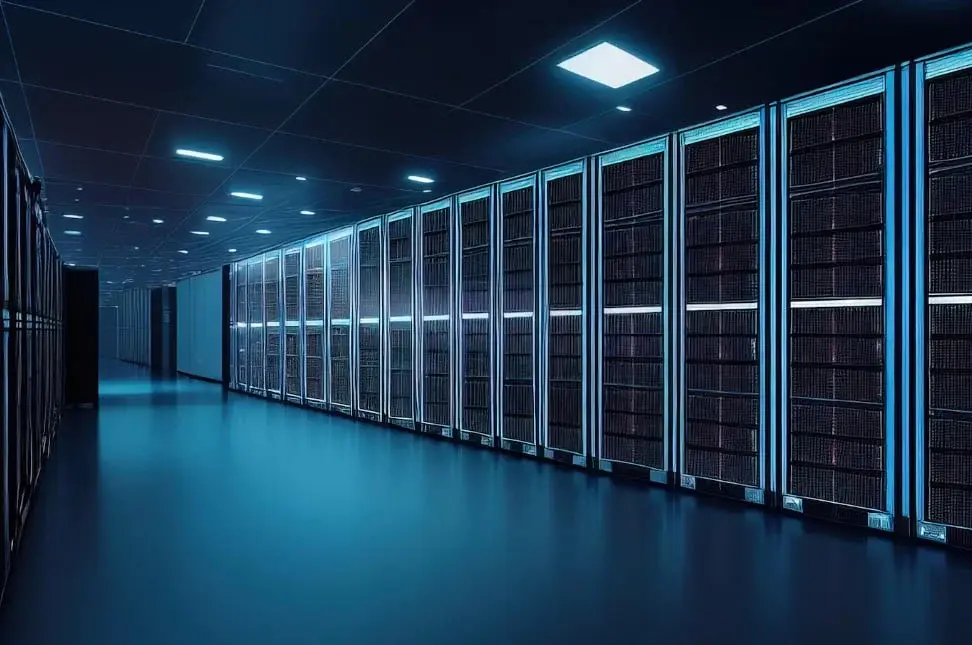Meta CEO Mark Zuckerberg recently discussed the expansion and future of data centers dedicated to AI development in an interview. He mentioned that the shortage of AI accelerator cards is being resolved. Over the past few years, the supply chain issues made it difficult to obtain GPUs essential for creating artificial intelligence models, but this is now improving.
Growing Investment in Data Centers
Investment in data centers continues to rise rapidly. For instance, Chinese smartphone maker Meizu has shifted its focus from smartphones to AI development and is likely building the necessary infrastructure.
However, with more companies constructing data centers and focusing on AI, the power requirements to operate these facilities could become the next major challenge.
Power Requirements
Zuckerberg highlighted the power demands of data centers. Currently, a newly built single data center's power consumption can reach between 50-100MW, or even 150MW. He predicts that this will increase in the future, potentially reaching 300MW to 1GW for a single data center. For perspective, this is comparable to the generation capacity of a significant nuclear power plant.
Regulatory Challenges
Furthermore, constructing new power plants and transmission systems is a "very heavily regulated government function." This means that obtaining approvals for the building of energy facilities (including power stations, substations, and power transmission systems) for large data centers will be slower, potentially creating a bottleneck in data center development.
In summary, the energy industry operates differently from AI development, where capital investment does not yield quick results. The development of new power stations is much slower than that of data centers. Digital infrastructure investment management company DigitalBridge shares this view, as it recently noted in its earnings conference that it expects to run out of power quotas within the next 1.5 to 2 years.


Leave a Reply